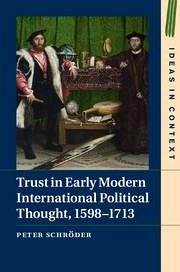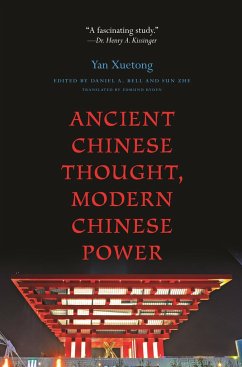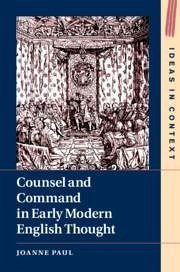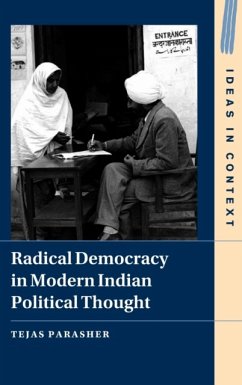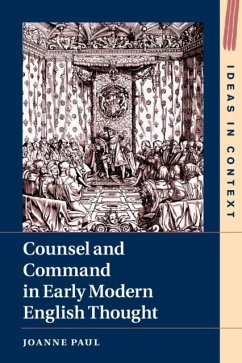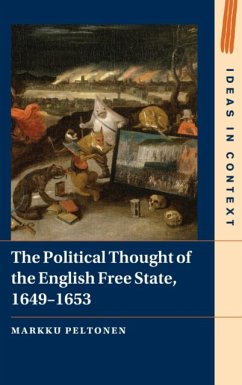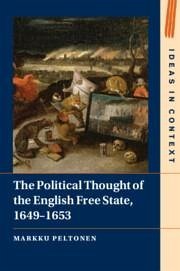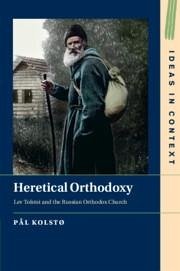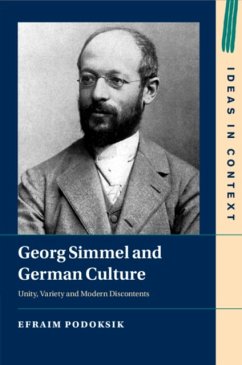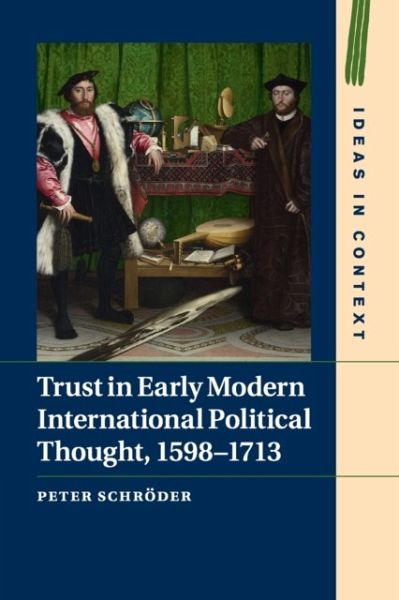
Trust in Early Modern International Political Thought, 1598-1713
Versandkostenfrei!
Versandfertig in über 4 Wochen
41,99 €
inkl. MwSt.

PAYBACK Punkte
21 °P sammeln!
Bringing together intellectual history, international political thought and international law, Schroeder explores the extent to which seventeenth-century discourses and doctrines of international law and the balance of power, and the projects to establish federal structures and institutions to achieve peace and stability, relied on trust.





